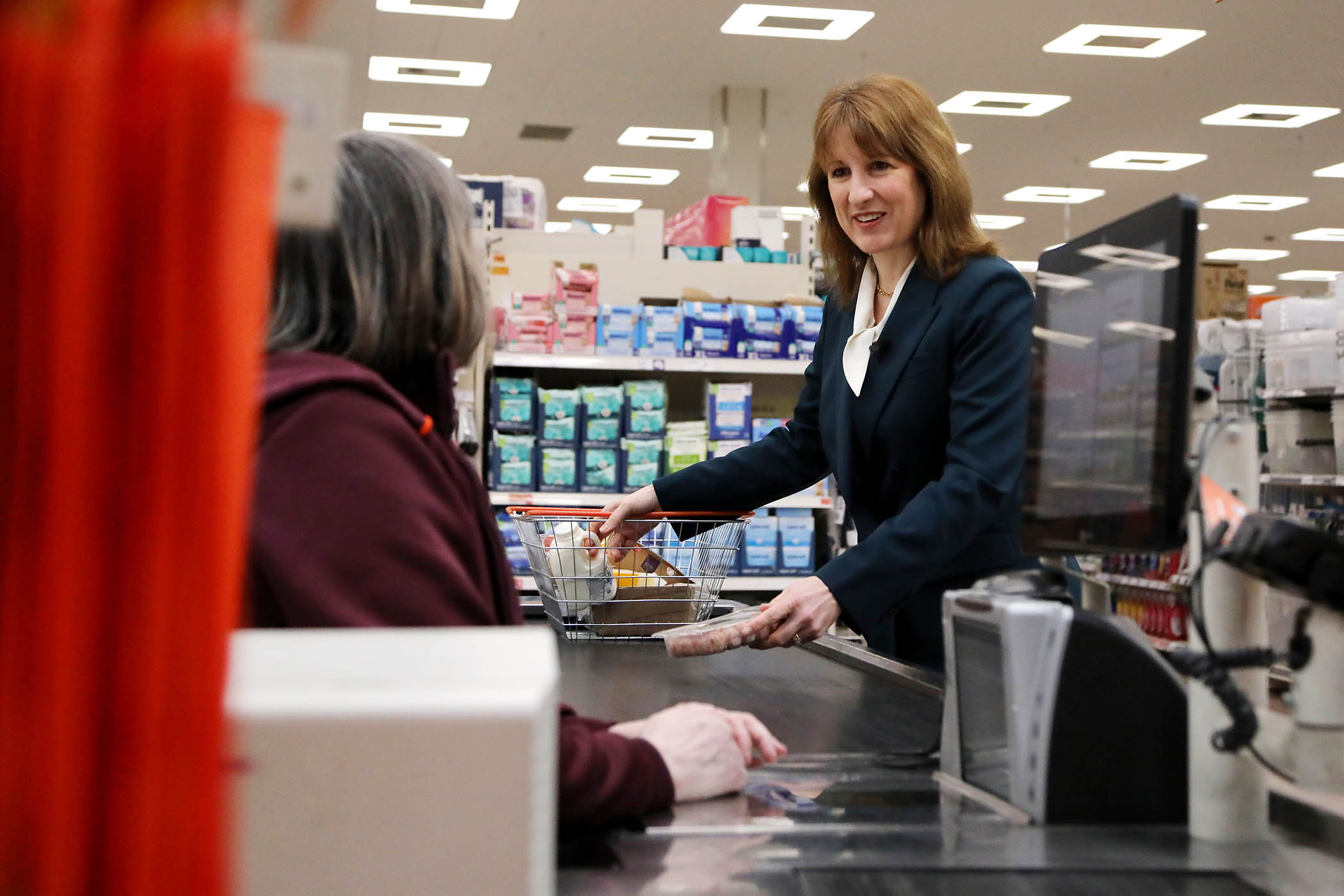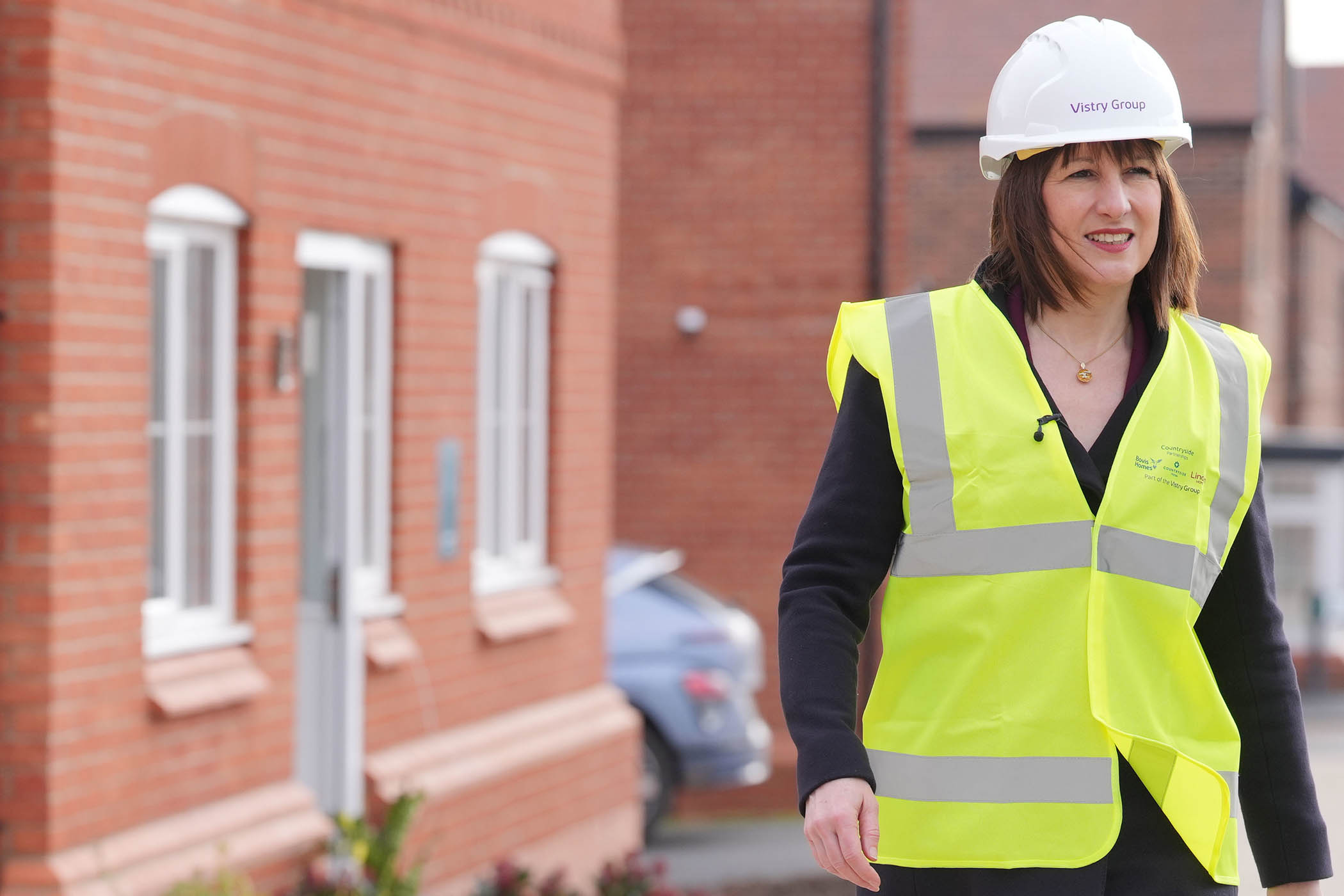This week a committee of MPs accused the UK Statistics Authority, which runs the Office for National Statistics (ONS), of playing a game of “unaccountable musical chairs” and failing to address recurring problems with UK economic data.
The departure of Sir Robert Chote, the authority’s chair, means all three top jobs (the other two are at the ONS) in UK statistics are vacant. Whoever fills them faces the unenviable task of tackling “deep-seated” cultural problems identified at the ONS as well as yawning gaps in the data it produces.
Until then, major institutions are shooting largely in the dark, including the Bank of England, which relies on ONS data – especially its critical labour force survey – to make decisions about setting interest rates. It’s also used by businesses to inform strategy and by the Treasury, which bases economic policy on inflation, growth and productivity figures.
A government-commissioned review led by Sir Robert Devereux identified a slump in morale at the ONS. Some of it pointed to the role of ONS boss Diamond, who departed shortly before its publication on health grounds. It also noted that widespread working from home had weakened team cohesion and undermined data quality; that flagship programmes – such as Diamond’s pet project, a data service costing £200m over five years – had come at the expense of high-quality core statistics; and that there had been struggles to recruit and retain skilled analysts, partly due to below average pay and the location of the ONS headquarters in Newport, Wales.
It wasn’t unique. Covid disrupted face-to-face interviews, and people have since become increasingly reluctant to take cold calls, share personal data or spend time filling in surveys. The pandemic also produced a lot of statistical “noise”.
But for the ONS it was acute. Analysis of other sources showed at one point that the ONS was underestimating the size of Britain’s workforce by as much as 1 million people. Stats for certain subgroups were swinging by 30 per cent in a month because they depended on a sample size of five. In autumn 2023, the ONS was forced to temporarily pause its monthly readout on jobs.
Eventually, under Diamond’s guidance, it resumed with the badge “under development”, and a new survey will be launched in 2027. But errors continue to pile up.
Last year saw several instances of ONS trade data failing to be delivered on time – a vital source of information during the post-Brexit era of bilateral trade agreements.
Then in March this year, a revision by the ONS downgraded official estimates of household wealth by some £2tn because of a mistake related to how the value of future pension income is converted to today’s terms.
In April the ONS confessed to overstating monthly inflation by 0.1 per cent, shredding the agency’s credibility with the markets.
Newsletters
Choose the newsletters you want to receive
View more
For information about how The Observer protects your data, read our Privacy Policy
“I think the ONS feels unloved by the Treasury,” says Professor Jagjit Chadha of Cambridge University. “Sitting out in Newport, there’s always a sense that you have to make a splash. So the decision to focus on fast indicators, such as retail or footfall, was a way of getting them more noticed by policymakers. I suspect it was ultimately a tactical decision to help with funding.”
Chote, the UK Statistics Authority chair who was credited with building up the Office for Budget Responsibility, should have been more aware. But he was also, according to the MP Simon Hoare, hobbled by the “nebulous definition of what the board can and can’t do”. To what extent the ONS is independent from politics remains a fraught subject.
Data matters in decision-making. The Bank of England’s next interest rate decision is on 7 August, and the chancellor will have to make her mind up on taxes by mid-October. Flying blind is a risk neither can afford.
Photograph by Joshua Roberts/Bloomberg via Getty



